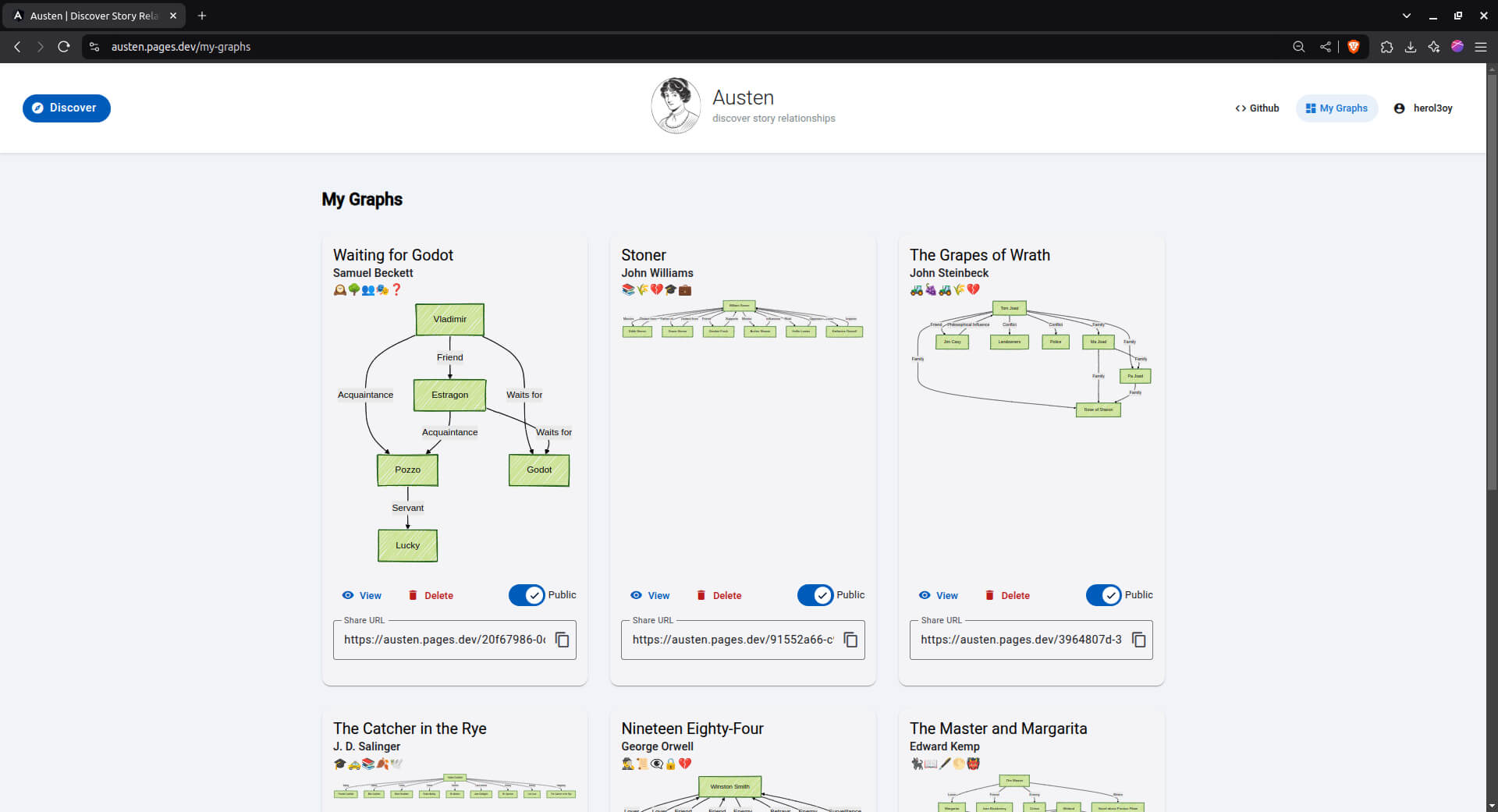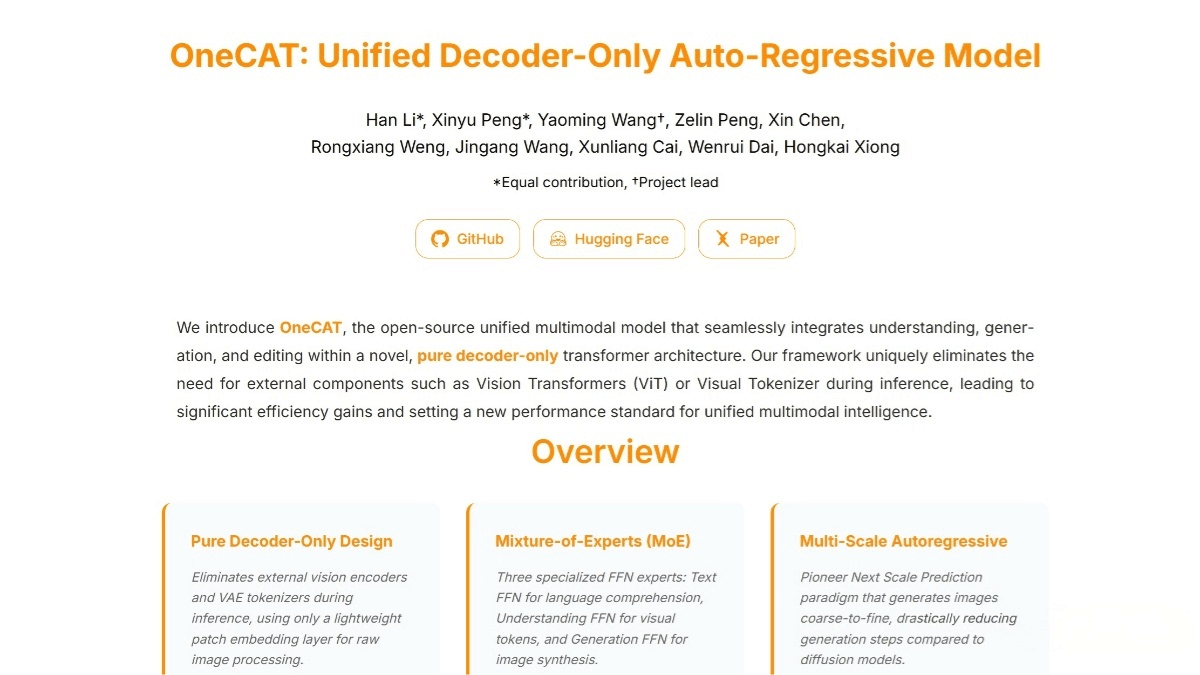LSP (Language Self-Play) – A Reinforcement Learning Method Introduced by Meta
What is LSP?
LSP (Language Self-Play) is a reinforcement learning method proposed by Meta to address the heavy reliance of large language models on vast amounts of high-quality training data. The core idea of LSP is to leverage a self-play mechanism, where the same model alternates between two roles: the challenger and the solver. The challenger generates difficult problems with the goal of “stumping” the solver, while the solver aims to provide high-quality answers. This adversarial process follows a minimax game principle, enabling dynamic self-improvement of the model.
LSP uses specific prompts to switch the model’s role, avoiding the complexity of training separate adversarial models. During training, LSP applies KL divergence regularization to prevent the challenger from producing meaningless adversarial sequences, while introducing a “self-quality reward” to guide high-quality interactions. Experiments show that LSP can significantly improve base model performance without requiring additional data, especially in dialogue tasks.

Key Features of LSP
-
Role Switching & Self-Play: LSP enables the same model to switch between challenger and solver roles, forming a dynamic adversarial relationship. The challenger generates challenging tasks, and the solver answers them, allowing the model to improve through this adversarial process.
-
Prompt-Based Control: Specific prompts are used to switch roles, avoiding the complexity and overhead of training independent adversarial models.
-
KL Divergence Regularization: KL divergence regularization is applied during training to prevent the challenger from producing meaningless adversarial sequences, ensuring the validity and rationality of the process.
-
Self-Quality Reward: A “self-quality reward” mechanism is introduced to guide the game toward high-quality interactions, improving the model’s performance in adversarial training.
-
Data-Free Reinforcement Learning: LSP enhances model performance through self-play without additional data, making it particularly effective in dialogue tasks and offering a new approach to autonomous learning in data-constrained environments.
-
Follow-Up Training Stage: LSP can serve as an additional training stage to further enhance models already trained with data-driven reinforcement learning, improving adaptability and stability.
Technical Principles of LSP
-
Self-Play Framework: LSP is based on a self-play mechanism, splitting the same model into challenger and solver roles, with dynamic adversarial interaction driving performance gains.
-
Role Switching Mechanism: Controlled by specific prompts, the model switches between challenger and solver roles without the need for separate adversarial model training.
-
Minimax Game Principle: The challenger aims to minimize the solver’s task rewards, while the solver aims to maximize them, following minimax rules.
-
KL Divergence Regularization: Used during training to prevent meaningless adversarial sequences and ensure effective interactions.
-
Self-Quality Reward: Guides the model to generate higher-quality interactions in the adversarial process.
-
Data-Free Training: Enables performance improvements without relying on extra training data, especially valuable in data-limited scenarios.
-
Reinforcement Learning Optimization: Adapts the model’s strategy dynamically through reinforcement learning for better adversarial outcomes and performance boosts.
Project Link
-
arXiv technical paper: https://arxiv.org/pdf/2509.07414
Application Scenarios of LSP
-
Data-Constrained Environments: Improves model performance through self-play when training data is limited or difficult to obtain, reducing reliance on large-scale labeled datasets.
-
Dialogue System Optimization: Enhances adaptability and response quality in dialogue tasks via role-switching and adversarial training, improving user experience.
-
Model Calibration & Fine-Tuning: Serves as a follow-up training phase for further calibration and fine-tuning of models already trained with data-driven methods, enhancing adaptability and stability.
-
Creative Tasks: Useful in tasks requiring creativity, such as story generation or creative writing, where adversarial mechanisms stimulate diverse and higher-quality content.
-
Education & Learning: Can be applied to intelligent tutoring systems, simulating teacher-student interactions to enhance teaching effectiveness and learning experience.
-
Gaming & Entertainment: Generates more challenging storylines or opponents in games, improving engagement and interactivity.
Related Posts




